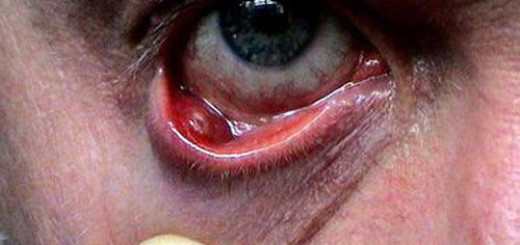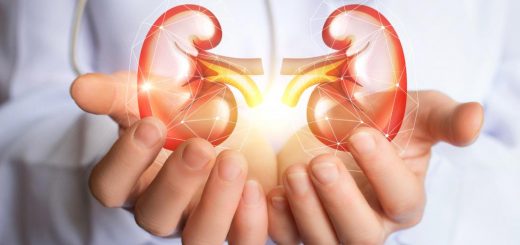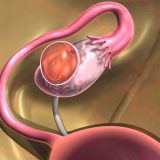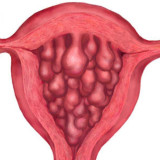A cyst in nose is a benign tumor. Its content, size and complications depend on the causes and duration of the disease. How does this disease appear, and should it be treated? Today we will consider these issues. Symptoms, causes and complications of this unpleasant clinical phenomenon are described below.
The cyst in nose, as a rule, has the shape of a cavity. Its walls are soft, filled with liquid. The size of the cavity can be different, and this directly affects presenting symptoms, as well as their severity.
A cyst in nose is quite common. Unfortunately, like most cysts, it is diagnosed by chance during completely unrelated procedures.
Cyst in the nose can be classified due to causes of occurrence. In this case, the two groups are distinguished.
True cysts. This type of cyst in nose occurs as a result of obstruction of the mucous membrane channels.
Imaginary cyst in nose occurs due to exposure to an allergen after infection or inflammation.
There are also several types of cysts in nose, depending on the contents of the cavity.
• Purulent
• Mucous
• Serous
Doctors consider rhinitis (chronic, allergic, vasomotor) the most common causes of cysts in nose.
Vasomotor rhinitis is the result of a violation of the neuro-reflex mechanisms of the body. Such violations lead to an inadequate, in this case extra, reaction to stimulus Namely, abundant secretion of mucus and inflammation of the mucous membranes. As a result, the tone of the blood vessels is disturbed. Simply put, the abundant secretion of mucus in the nose with vasomotor rhinitis is associated with disorders of the nervous and reflex systems.
Other causes of cysts in the nose include inflammation of the sinus mucosa, sinusitis, and polyps.
Long-term respiratory diseases also significantly increase the risk of the disease and are a common cause of cyst in nose.
The list of rare causes of the disease includes sinusitis and diseases of the teeth and gums, especially their inflammations.
Symptoms of a cyst in nose can be different. Their nature is non-specific, which complicates the diagnosis even more. However, they are still worth mentioning.
Nasal cyst is accompanied by the following symptoms:
• Headache.
• Feeling of discomfort or pressure in the forehead and / or jaws.
• Periodic nasal congestion.
• Shortness of breath (especially after exercise).
• Swimmers may also have nose pains. The peculiarity of the disease manifestation is associated with pressure changing at a depth.
• Purulent discharge. As mentioned, the symptoms are nonspecific. More often, the symptom indicates sinusitis.
• Smell disturbances.
But most often, nasal cyst proceeds without symptoms and does not manifest in any way. A person can live with the cyst all his life, and not even suspect its existence. Moreover, its presence will not adversely affect the condition of a man or woman or interfere with life. Therefore, the diagnosis of “cyst in the nose” is not a sentence.
However, it is better not to neglect health. And if you suspect a cyst in nose, be sure to consult a doctor. He will conduct an examination and prescribe tests in order to determine the diagnosis. After this, the doctor will prescribe the appropriate treatment.
It is also necessary to undergo general examinations regularly in order to exclude risks as much as possible. Nasal cyst, like many other cysts, may show no signs and grow quietly until it is too late.
Despite it has been said above about safe clinical cases without symptoms and discomfort throughout life, another situations are also possible. Less often, untimely diagnosis, as well as refusal of treatment or self-medication, can lead to consequences in the most negative way. In this case, the cyst in nose will grow and cause pain.
An overgrown nasal cyst can become inflamed, put pressure on neighboring organs and tissues of the head, increase general intracranial pressure, among other reasons due to the pressure on the vessels.
The worst that can happen in the absence of the treatment (untimely treatment, ineffective treatment, self-medication) – anasal cyst may burst. And this, in its turn, will entail many other complications and problems. Some of them are really life threatening.
The most common content of the cystic cavity is pus. When a cyst in nose ruptures, the pus leaks. An even greater danger lies in the fact that it begins to spread through neighboring tissues and enters neighboring organs. It is possible that the result will be the organs’ necrosis.














